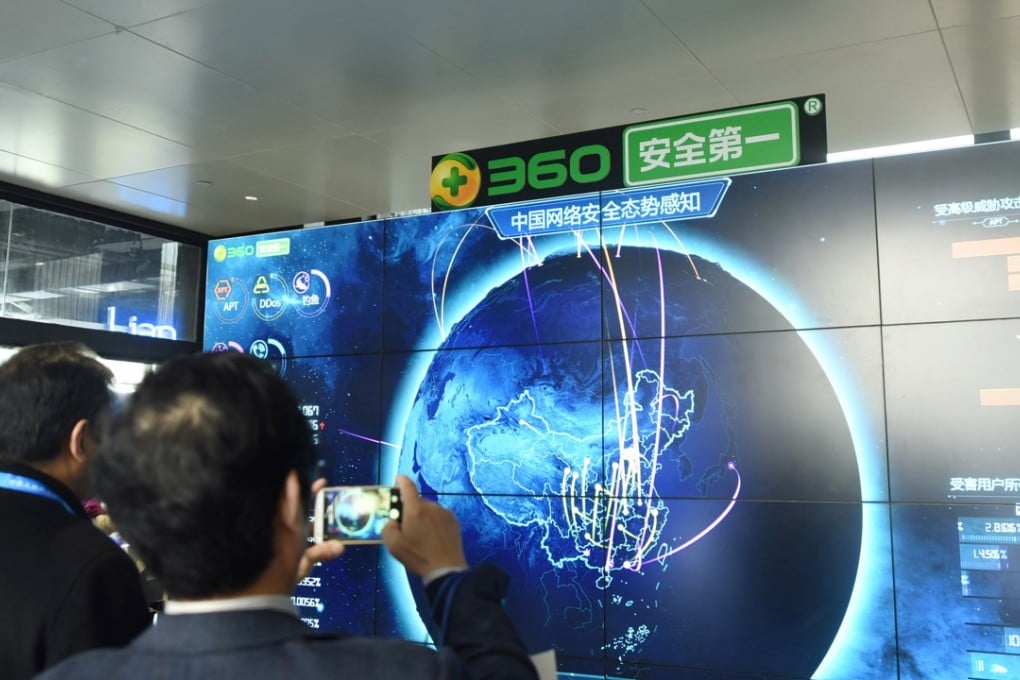Sino File | World Wide Web to Nation Wide Web: has China’s development hit the Great Firewall?
Internet censorship will deal a major blow to China’s economic development and social advancement

It is sometimes said that China is a place of contradictions. One of the more glaring examples is its relationship with the internet. Nothing has played a bigger role in the past two decades to push globalisation and economic integration than the information superhighway and China has taken advantage of this to speed its remarkable economic rise.
However, his administration has shown a rare passion for efforts that set virtual boundaries, cutting off China from the rest of the online world with the “Great Firewall”, which blocks access to thousands of websites around the world.
Guess what Chinese travellers are bringing back home? VPNs, lots of them
To sell its idea of so-called cyber sovereignty, which suggests governments can control information and communication among people across national borders, Beijing set up the annual World Internet Conference in 2014. The internet has been crucial to propelling growth, raising efficiencies by breaking down communication barriers between cultures, peoples and nations obstructed by long travel distances and once blocked by physical borders. It has helped to accelerate development in all areas, from the economy, science and education to culture, entertainment and sports.

China is home to the world’s largest internet market, with 670 million netizens, more than four million websites, 1.2 billion mobile phone users and 600 million WeChat and Weibo users. But the industry boom coincided with a government clampdown to restrict access to information outside of China and to limit the exchange of ideas.
The escalation of puritanical policing in the past five years under Xi’s stewardship reflects a wider political agenda.
In early 2014, Xi launched (and made himself leader of) the Central Leading Group for Internet Security and Informatisation to clampdown on content that did not meet government approval.
